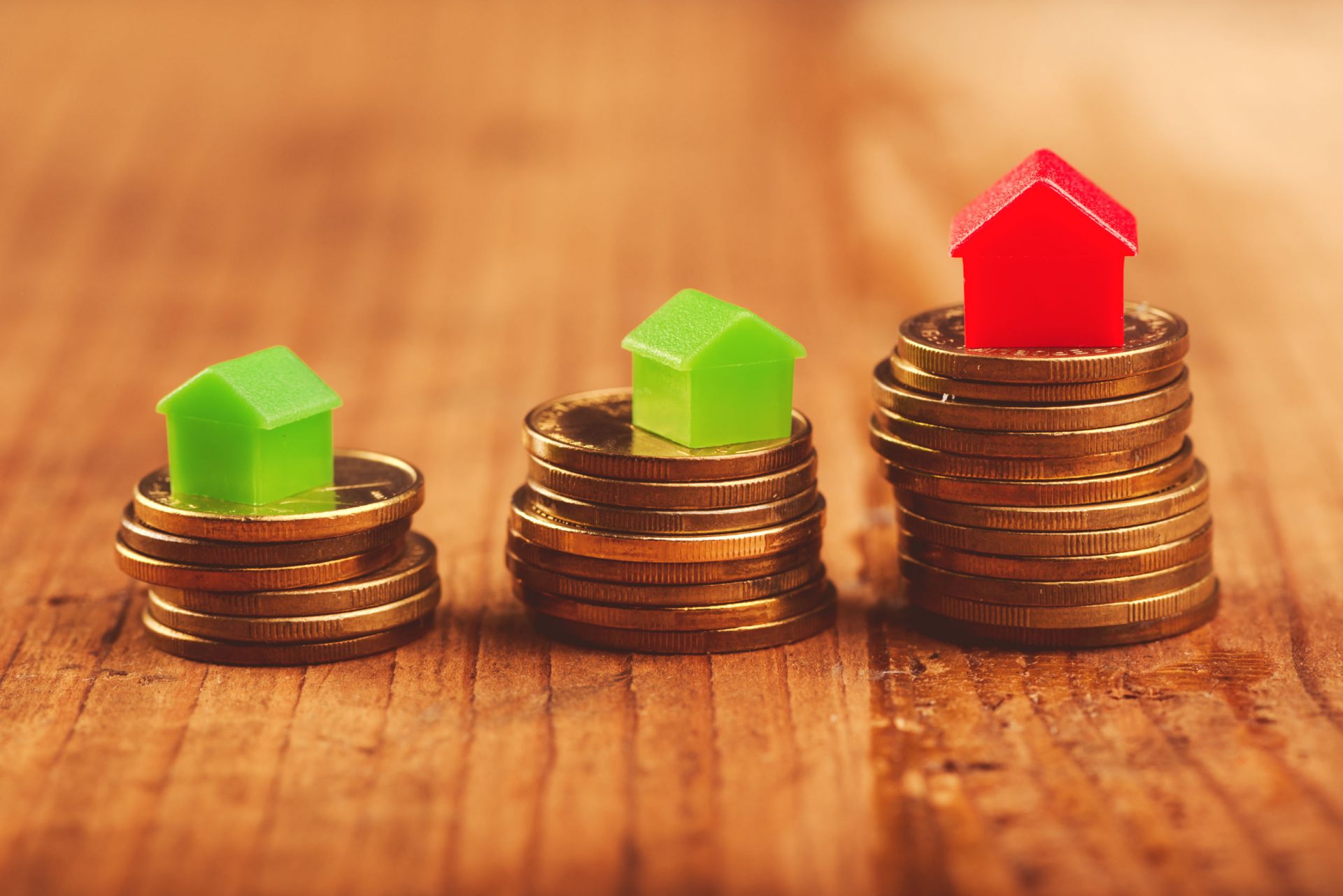When it comes to determining the value of your home, you want to be sure the numbers add up and that your home is being given a fair assessment. The assessed value of your property will be a key component in determining the rate for your property taxes, in addition to the consideration of what your property used for: is it a purely a home? A business? Do you rent to other people?
In the instance of paying taxes an estimate won’t do, but getting an idea of the value of your property may help you determine what it is you’re paying for— and what you’re not. Estimating your property value is probably easier than you think, and you might not even have to pick up the calculator.
Crunching Numbers: Your Property’s Assessed Value
Compare in the Community
It starts in your neighborhood. Many local governments use the simple method of comparison to determine property value. This is good news for you, because a stroll down your street can open your eyes to the way your home looks in comparison to those around you. Is your house the biggest on the block? Are you near a reputable school district, or sitting on more land than your neighbors? These factors will help you determine where your home falls in the market.
Work Backwards from Property Taxes
When you know how much you pay in property taxes, you can work backwards to find out the assessed value of your home. The equation is simple: find the tax rate for your community, and find your property tax bill. Divide what you paid by the tax rate. Voilà: you have assessed your property’s value.
Use Your Resources
If you’d prefer to skip the math, there are plenty of websites that can be of service. Sites like Zillow and Eppraisal can offer an estimated property value based on your address, while services like Rentometer can help you determine if you’re paying the correct rental rate for your location and property type.
You don’t have to be a math wizard to get into the numbers of your property value assessment, and there are many resources available to help you determine the fair market value. These three simple methods will help you get a better understanding of your property assets and how they stack up in your community.

